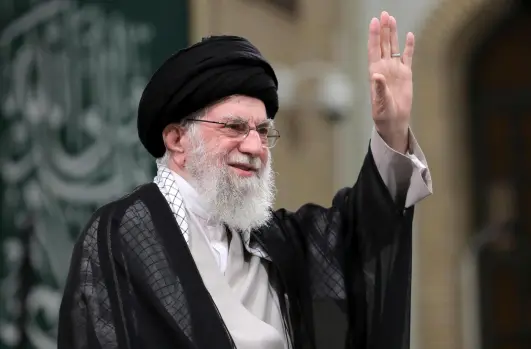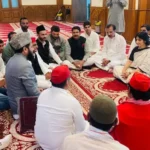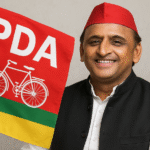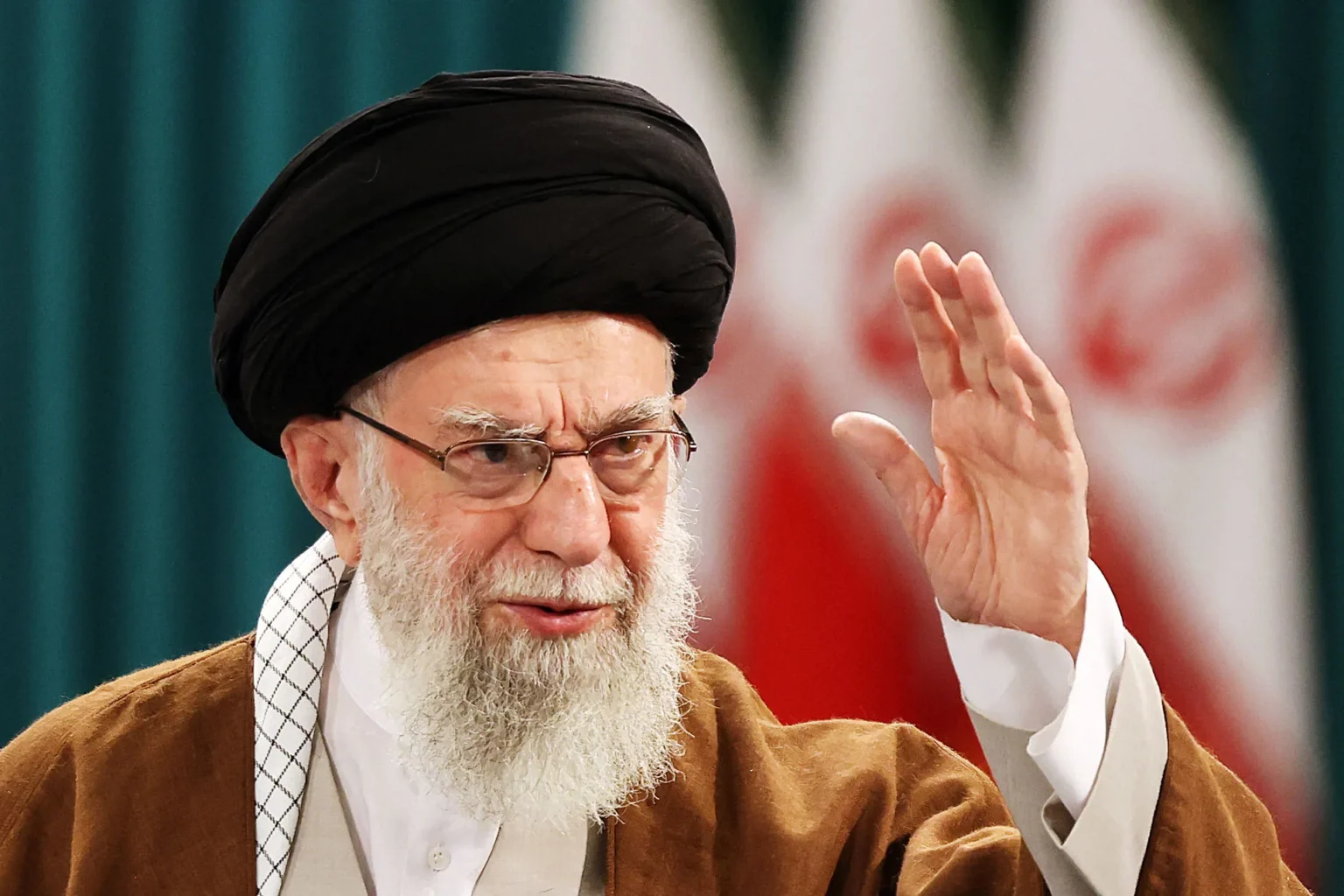
BY MOHAMMAD TARIQUE SALEEM
In the ever-evolving landscape of journalism, credibility and public trust remain the bedrock of responsible media. The recent publication of baseless and fabricated news by certain Indian media outlets concerning the Islamic Republic of Iran and its leadership is a troubling development that calls into question the professional integrity of these institutions. It is both unfortunate and unacceptable that such misinformation has found its way into the public domain, risking not only diplomatic discord but also the erosion of the trust placed by citizens in the fourth pillar of democracy.
While freedom of expression is a cornerstone of Indian democracy and is rightly protected, with it comes the responsibility to report with accuracy, fairness, and respect for truth. In recent instances, however, some prominent Indian media platforms have failed this test. Reports that disrespect Iran and its revered leadership particularly without any factual basis are not only irresponsible but also potentially harmful to the longstanding and respectful relationship shared by the peoples of India and Iran.
The Embassy of the Islamic Republic of Iran in India has rightfully expressed its concern over this trend, emphasizing that journalistic freedom must be coupled with an unwavering commitment to truth and impartiality. The dissemination of sensationalist and inaccurate content, particularly in geopolitical matters, can have far-reaching consequences. It misinforms the public, disrupts mutual understanding, and serves the interests of those who seek to sow discord between historically friendly nations.
The Embassy also recalled a critical moment in recent history the “twelve-day imposed war” in which the Iranian armed forces, under the direct guidance of the Supreme Leader and Commander-in-Chief of the Islamic Revolution, decisively defended the nation against aggression by the Zionist regime. This military success was not just a strategic victory but also a demonstration of national unity and leadership. Misrepresenting or undermining such pivotal national achievements through unverified reports is an affront to the dignity of the Iranian people.
In light of these events, the Iranian Embassy has issued a strong appeal to the Indian media: rely on credible and impartial sources, avoid spreading propaganda, and refrain from aligning with narratives that are not grounded in fact. Journalism must not be used as a tool for external interests or political manipulation. Instead, it should strive to educate, inform, and bridge cultures with honesty and respect. India and Iran share a deep-rooted civilizational bond, enriched by centuries of cultural, religious, and economic exchange.
At a time when global relations are more delicate than ever, it is the duty of the media to support diplomatic harmony rather than fuel discord. Upholding journalistic integrity is not just a professional obligation it is a moral one. Indian media institutions must introspect and reaffirm their commitment to truth. Fabricated stories may offer short-term attention, but they cause long-term damage to credibility and international goodwill. Let the media be a vehicle of truth, not division. Let it serve as a bridge between nations, not a barrier.










